 |
| Mozart: Idomeneo - rehearsals for Buxton Festival - the festival chorus (Photo Richard Hubert Smith) |
With his production of Mozart's Idomeneo for the 2018 Buxton Festival (Idomeneo opens on 8 July 2018), director Stephen Medcalf is coming full circle in a number of ways. Whilst he has never directed the opera before he worked on it very early in his career, on Trevor Nunn's production of the opera at Glyndebourne in the 1980s (Nunn's first opera production) where Medcalf was a young assistant director. And Medcalf's first job as an assistant director was at Buxton, where he worked with director Malcolm Fraser (who co-founded the festival) on Kodaly's Hary Janos (with a cast which included Alan Opie, Cynthia Buchan and Linda Ormiston) and would go on to work on Cimarosa's Il Matrimonio Segreto the next year with Lesley Garrett.
During rehearsal for Idomeneo, I recently met up with Stephen to learn more about this thoughts on directing Idomeneo.
 |
| Mozart: Idomeneo - Stephen Medcalf in rehearsal for Buxton Festival (Photo Richard Hubert Smith) |
Idomeneo is an opera that Stephen has always wanted to direct, it is the only major Mozart opera which has so far escaped him. He is thrilled to be doing it at Buxton where the Opera House is a perfect size for performing Mozart. He calls Idomeneo opera seria but not as we know it. Despite the opera seria form, Mozart uses a lot of devices to make it flow, thus advancing the form and transforming opera seria considerably. Stephen sees the work as very forward-looking, anticipating Mozart's later operas, and he cites the way the storm in Elettra's heart becomes the storm of the shipwreck.
Having directed the Mozart/Da Ponte opera and The Magic Flute three or four times each, Stephen finds the seeds of all the later operas in Idomeneo, you keep hearing echoes of phrases from these later pieces in the opera. And Stephen finds it extraordinary that Idomeneo was written by one so young, given the endless links to the later operas and the real insight into the characters.













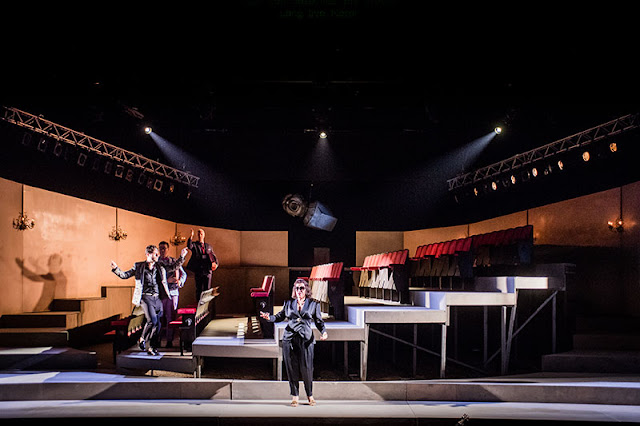





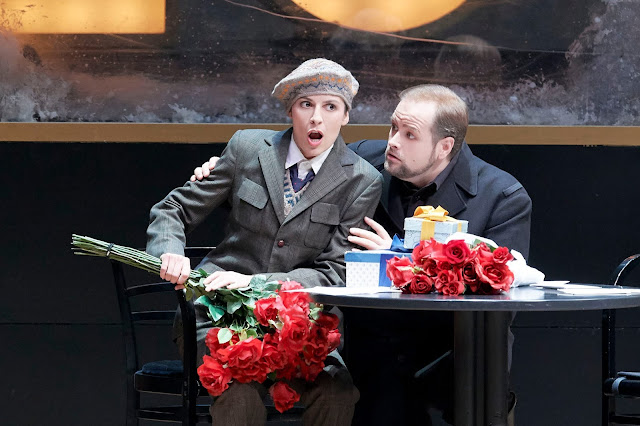
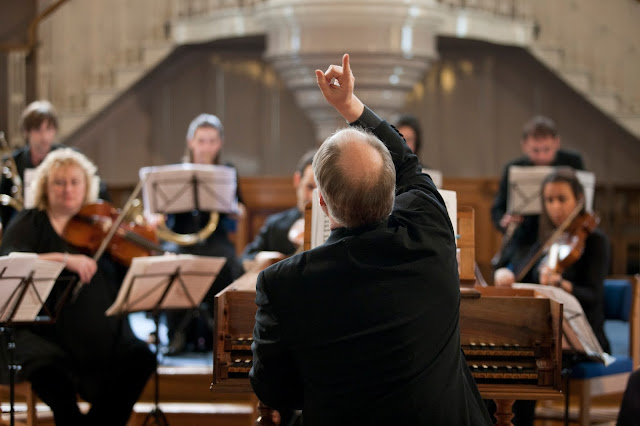



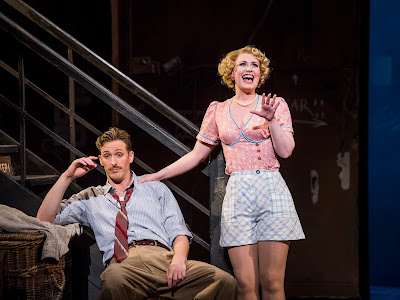

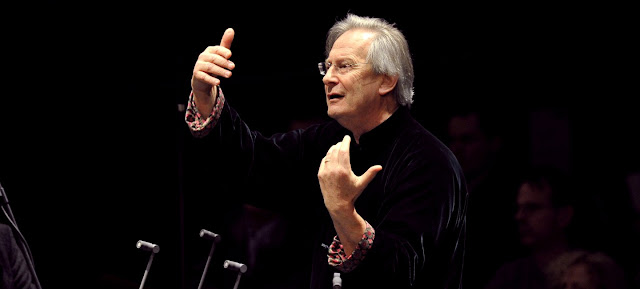




%20Ali%20Wright.jpg)

%20Ali%20Wright.jpg)





